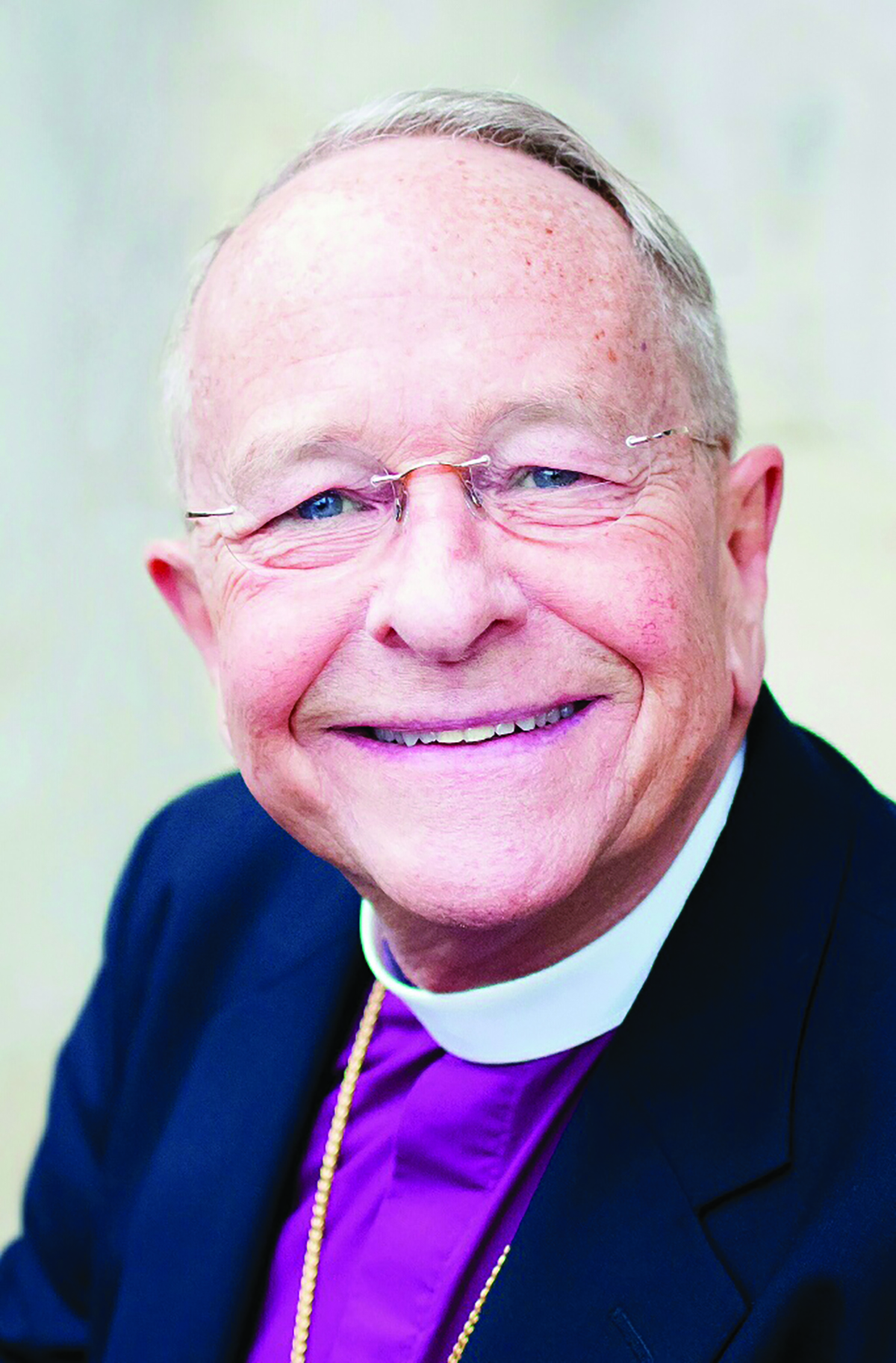One of the most classic symbols of the United States is the highway.
On Wednesday, the Rt. Rev. V. Gene Robinson will use it to represent the path of the country’s morals.
At 2 p.m. Wednesday in the Hall of Philosophy, Robinson will look at how the Supreme Court has influenced this path during his lecture, titled “On America’s Moral Highway, Does the Supreme Court Provide Guardrails or an Off-ramp?” Robinson, who was the first openly gay priest to be elected bishop in historic Christendom, will discuss the issue in light of the major cases on religious liberty that the court will soon be deciding.

“The Supreme Court is going to be deciding where your religion ends and mine begins,” Robinson said.
Robinson, who is a senior fellow at the Center for American Progress, will make his remarks as part of Week Five’s theme, “The Supreme Court and Religious Communities: Holding America Accountable?” He said he will use the highway metaphor to analyze whether the Supreme Court is helpful, like a guardrail, or like an off-ramp when it comes to moral guidance.
This guidance could be influential at this time of divisive conflict. As Chautauquans learned earlier in the summer from Robert Jones, founder and CEO of Public Religion Research Institute, young people are leaving organized religion over its stance on LGBTQ rights, which Robinson said religious conservatives have exacerbated.
“I think that the religious right has overstepped its bounds because instead of simply being guardrails for those who belong to that particular community of faith, they have moved from that to advocating that others be made to follow,” Robinson said.
Although the Supreme Court is supposed to be a moral guardrail for secular culture, Robinson said he will explore how religion can influence the public sphere as organized religion and the courts come to clash.
Robinson said he is also concerned about how much the courts still have left to do in regard to LGBTQ rights. In the majority of states, people can still be fired or kicked out of housing for being gay, which he said many people in liberal areas do not realize. He added that he thinks the LGBTQ community must continue to stand up for everyone who is denied their civil rights.
“We need to defend and protect the most vulnerable among us,” Robinson said. “Our job is to see the intersection between our own experience of discrimination and the discrimination being experienced by others.”
Despite the fight ahead, Robinson said he does think much progress has been made since his controversial consecration in 2003. He noted, though, that while some made it seem like it broke the Episcopalian church in two, only 5 percent of members left over the issue, and many have since returned. This may be a sign that the conflict isn’t as entrenched as it is made out to be.
Wednesday’s lecture will also be a good opportunity for Chautauquans to learn more about Robinson, who will become the vice president and senior pastor at Chautauqua Institution on Sept. 1. Robinson said the creation of his position will increase the status of religion as a pillar of Chautauqua, and the circumstances his lecture touches on illustrate why that is important.
While Robinson is well-known for being liberal, he wants Chautauquans to know he is interested in a variety of viewpoints, just as he hopes the LGBTQ community stands up and fights for the rights of others.
“We will have a wide spectrum of faith perspectives under my leadership,” Robinson said.




